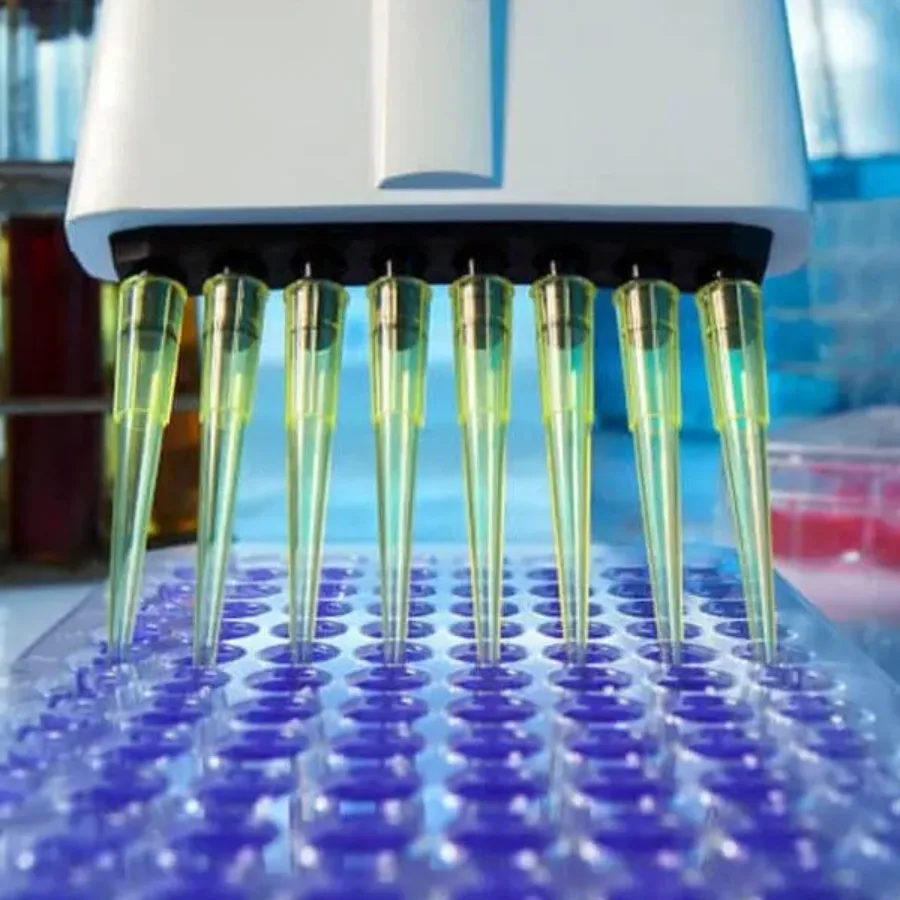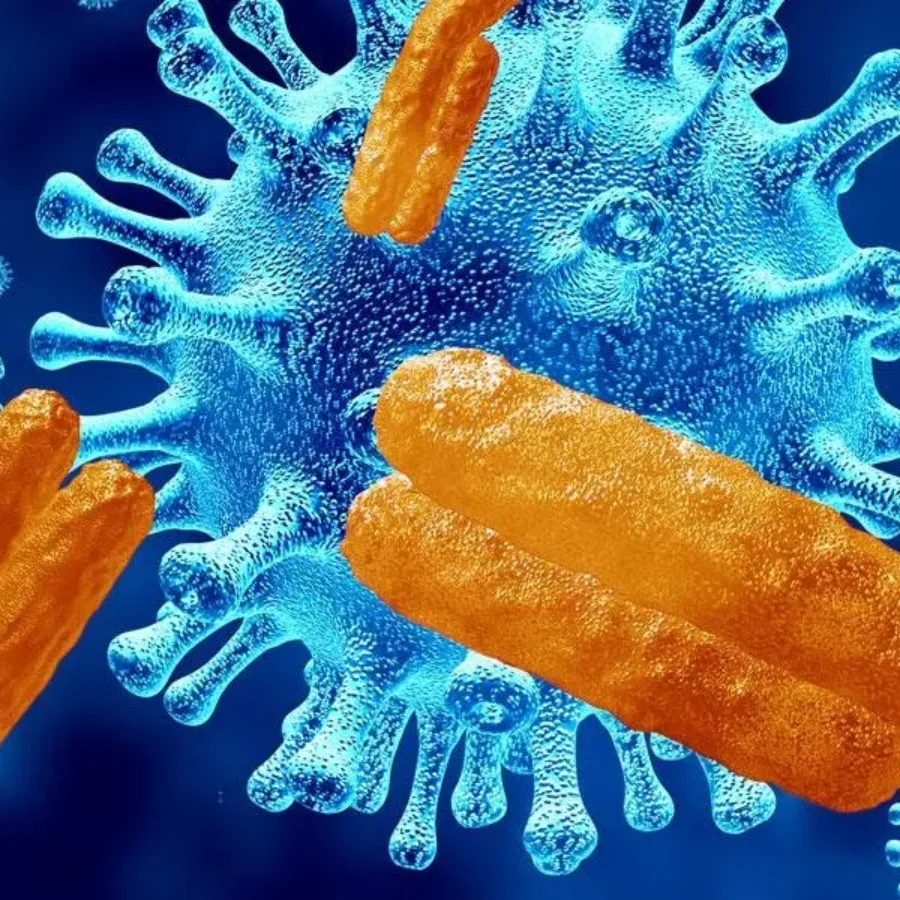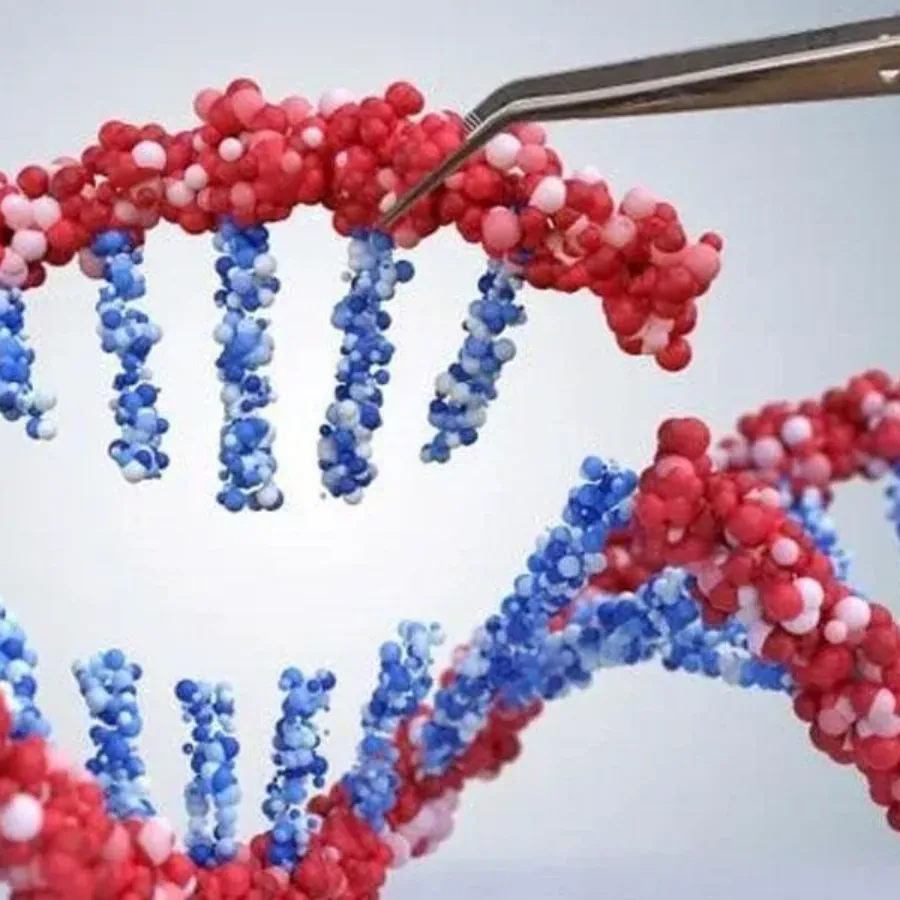 May 15
- May 16
May 15
- May 16
Knowledge for Growth (KfG) is Europe’s premier life sciences conference, held annually in Antwerp, Belgium. This year’s edition celebrates the industry’s advancements with a hybrid format, catering to both in-person and virtual attendees. The program features captivating talks, scientific sessions on cutting-edge topics like gene editing and personalized medicine, and…
 April 22
- April 23
April 22
- April 23
Swiss Biotech Day is a premier European biotechnology conference that brings together industry professionals from all over the world. The 2024 event will be held on April 22nd and 23rd at the Congress Center Basel in Switzerland. The conference offers a variety of opportunities for attendees to learn about the…
 Blogs
Blogs
You might be asking what type of laboratory my biomarker assay requires or what level of qualification or validation my assay needs. These are complex questions which there continues to be a significant amount of misunderstanding around. Fortunately, KCAS Bio has extensive experience with both biomarker development and qualification/validation to…
 Blogs
Blogs
If you are part of the Biotech/Pharma community, you may be familiar with the (J.P. Morgan) JPM Healthcare Conference that takes place annually in January and typically in San Francisco. This was the 42nd Annual JPM Healthcare Conference and it is the world’s largest healthcare symposium. This year the mood…
 Blogs
Blogs
Immunoassays are bioanalytical methods that generally use antibodies to detect and quantify specific analytes, often proteins, in biological samples. The process involves the capture of a target protein by an immobilized antibody, followed by its detection with another antibody conjugated either to enzymes, such as phosphatase alkaline or horseradish peroxidase…
 March 5
- March 9
March 5
- March 9
The AD/PD™ 2024: Alzheimer’s & Parkinson’s Diseases Conference is set to take place in Lisbon, Portugal, from March 5th to 9th, 2024. This prestigious event, dubbed the “main event of the year in the field of neurodegenerative diseases,” promises to gather leading experts from around the world to share the…
 May 13
- May 16
May 13
- May 16
Mark your calendars, life science innovators! The AAPS National Biotechnology Conference (NBC) is gearing up for another groundbreaking year, and KCAS Bio is excited to be at the forefront of the action. From May 13th to 16th, 2024, San Francisco will transform into a hub of cutting-edge research, industry breakthroughs,…
 February 29
- March 1
February 29
- March 1
Biomarkers 2024 is a three-day event that will bring together leading experts from the field of biomarker research to discuss the latest trends and tools in this rapidly evolving field. The event will feature over 90 cutting-edge presentations, 8+ hours of valuable networking sessions, and an exhibition hall showcasing the…
 Blogs
Blogs
A biomarker is a defined characteristic that is measured as an indicator of normal biological processes, pathogenic processes, or biological responses to an exposure or intervention, including therapeutic interventions(1). With the development of innovative and personalized therapies, biomarker tracking is increasingly important to support the clinical development…
 Blogs
Blogs
Biologics are drugs derived from complex molecules like antibodies. Over the last two decades they have re-emerged as…
 Blogs
Blogs
Understanding the interactions between drugs and biological systems is critical for the success of a new drug. One key tool in this process is functional assays. Functional assays are customized assays that evaluate the impact of drugs on the functionality of cells. They test for a drug’s specific biological mechanism…
 Blogs
Blogs
Cell and Gene Therapies (CGTs) has an estimated market size value in 2022 of USD 8.22 billion and a revenue forecast in 2030 of USD 24.5 billion. This is a CAGR (compound annual growth rate) of 14.6% from 2022 to 2030. Needless to say, the…